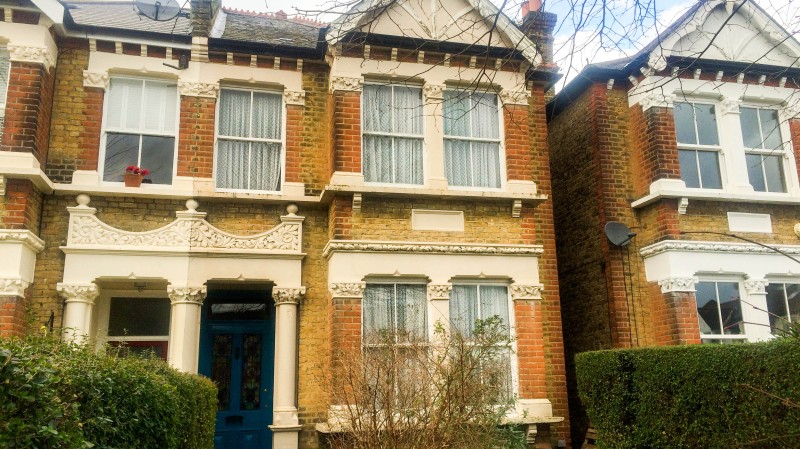You are here: What is a limestone search and why is it important?
Since the 17th Century, the Peak District has been the UK’s largest lime and limestone producer. If you are purchasing property in the West Midlands, you need to seriously consider instructing one of these searches.
Limestone has been quarried in Derbyshire since Roman times. Hopton Wood Stone (a type of limestone particularly creamy coloured in appearance), is known for being used in some of our most famous buildings: Chatsworth House, Windsor Castle, the Houses of Parliament, the Bank of England and many of our great cathedrals.
Accessible deposits were virtually exhausted by the early 1060s.
Extraction methods saw major changes in the second half of the twentieth century. The manufacturing and finishing capabilities of the industry also changed and a generation of finely ground powders were produced. Uses of these powders (ground calcium carbonates) include animal and pet feeds, ceramic tile adhesives, concrete, carpet-backing, plastics and rubber.
Today, 20 million tonnes of limestone are quarried annually for hundreds of uses.
Mining activities, both live and historical can seriously impact the value and enjoyment of your property. Consider the noise and plant traffic associated with live mining activities. Historical mining is not always obvious, hidden shafts can cause serious ground stability hazards. And either may impact your insurance premiums.
So, if you are moving into a property in the West Midlands, whether there is active mining or just historical, it would be foolhardy not to consider ordering a report that covers limestone mining activity.

Are they mandatory?
As with most mining searches: not absolutely. The Solicitor’s Handbook (The Law Society’s guide to the regulations governing the conduct of solicitors) states:
“A property should be searched to identify whether further investigation of site-specific ground instability risks is required.
“If a property is located within an area where ground instability risks are likely to occur, solicitors should consider further investigation of the risks present. This may include obtaining a site-specific report from a commercial search company; residential and commercial search products are offered by a number of search providers. Search providers often offer an initial risk assessment of the information provided in the report. An assessment should include a professional opinion of whether the property will be affected by mining or natural ground stability and whether there is likely to be any effect on the value or enjoyment of the property.”
When are they ordered?
As with all the other searches we have covered, they should be ordered as soon as you appoint your conveyancing solicitor. As a minimum you should order Land Registry and Local Searches, Water and Drainage Searches, an Environmental Search and a Flood Search (see previous articles). Other searches (depending on where the property is in the country) include Ground Stability, Tin, Bath Stone, Coal and Brine, China and Ball Clay, Canal and Rivers Trust and Radon Gas.
One of the first things your conveyancer will do is ask you for money ‘on account’ in order to pay for these searches.
Are there different types?
Yes. Some specialist providers will supply stand-alone searches. While other more generalist providers will include limestone mining information within other mining searches that also include information on ground stability, tin, Bath Stone, coal and brine, China and Ball Clay. Your conveyancing professional will advise which is best.
What do they tell you?
Any search that your conveyancing professional advises you to purchase, will cover two subjects as a minimum:
- Previous mining activity
- Deposits that may be worked in the future
A specialist search should include clear and concise information detailing historic mining, current and any potential future mining. The report may also include a plan extract confirming the property location and any relevant mining features. If mine workings are identified, recommendations to mitigate the risks may also be provided.
Most importantly a search will reveal whether the property is in the immediate vicinity of any current or past mine workings.
The structure of the document is likely to consist of:
- Front page summary
- Clear and concise report
- A plan showing the property in relation to mining
- Professional opinion of the mining data
What do they cost?
The cost of a full search depends on the type of search and the supplier, but they usually start from £30 plus VAT. In some cases, a combined mining and environmental search can be ordered, which will be cheaper than having separate searches for each type of mineral.
How long do they last?
When acting on a conveyance, your solicitor must follow The UK Finance Mortgage Lender’s Handbook, it says that searches must be no more than 6 months old on completion.
If you are thinking of buying or selling your home, you may find some of these services useful:
Conveyancing
Get instant estimates from Conveyancers and Solicitors in your local area
Mortgage Brokers
I need help getting a mortgage
Estate Agent
Find a local Estate Agent
Valuation Surveys
If you need a Valuation Survey
Building Surveys
I want a local surveyor to do a Building Survey for me
Removals
I want to find a removal company
Energy Performance Certificate
Energy Performance Certificates